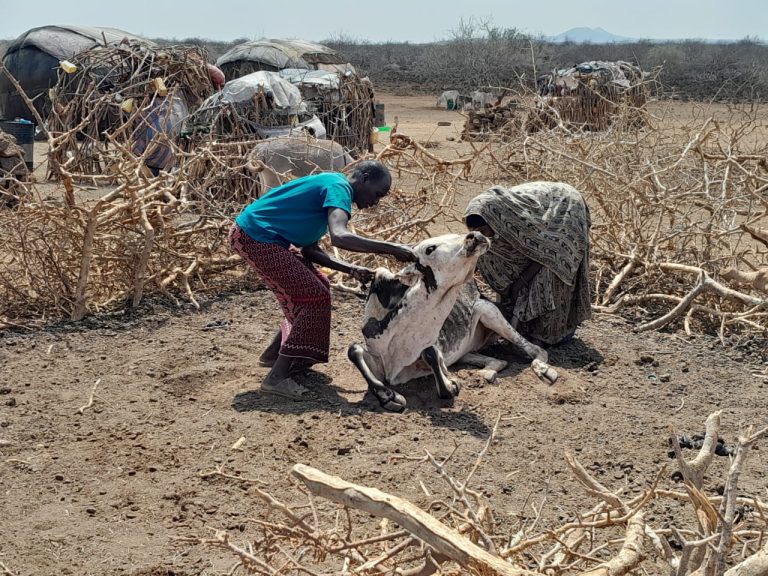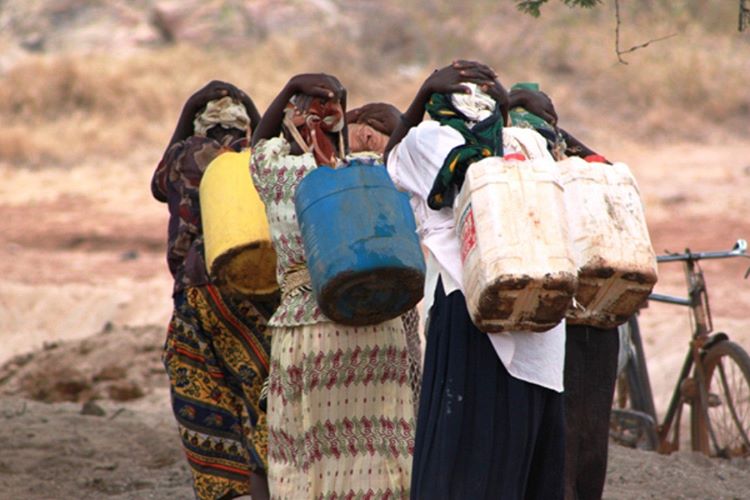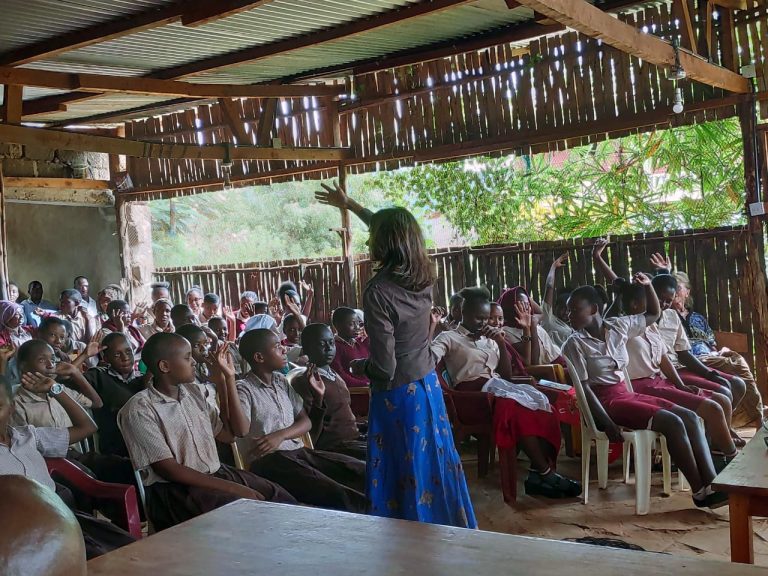When we think about land degradation, it’s easy to overlook the long-term effects it has on ecosystems, livelihoods, and food security. In Kenya’s arid and semi-arid lands (ASAL), communities face these challenges daily. However, bio-enterprise development is proving to be a beacon of hope, offering practical solutions for restoring degraded lands while empowering local economies. This blog will explore the impact of bio-enterprises in ASAL regions and how they contribute to land restoration, climate resilience, and sustainable livelihoods.
What is Bio-enterprise Development?
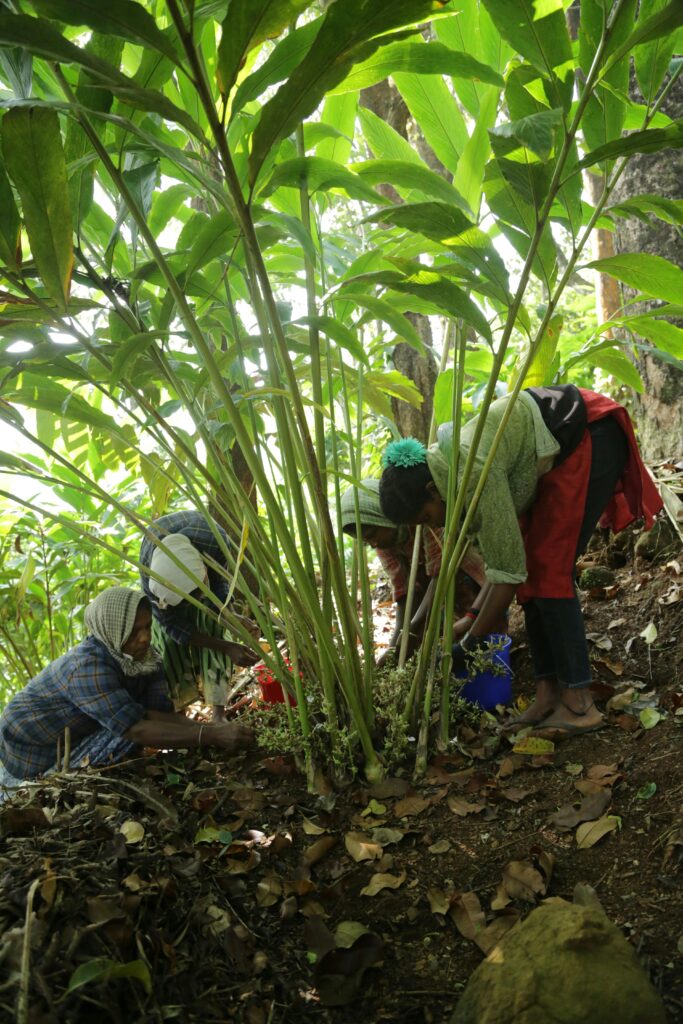
At its core, bio-enterprise development involves harnessing biological resources—such as plants, livestock, and organic materials—to create businesses that are both ecologically sustainable and economically profitable. These enterprises are typically designed to improve biodiversity, restore ecosystems, and offer sustainable alternatives to traditional agricultural or pastoral activities, which can often contribute to land degradation.
In ASAL regions, bio-enterprises focus on promoting sustainable farming practices, agroforestry, and non-timber forest products, which help revitalize the land while providing income opportunities for local communities.
The Challenges of Land Degradation in ASAL
ASAL regions cover over 80% of Kenya’s land area and support roughly 38% of the population. These areas are characterized by unpredictable rainfall, poor soil quality, and extreme temperatures, making them vulnerable to degradation. Overgrazing, deforestation, and poor farming practices exacerbate these conditions, leading to severe erosion, loss of vegetation, and reduced soil fertility.
As a result, communities in these regions face food insecurity, water scarcity, and a lack of sustainable livelihoods. Restoring degraded land is not only vital for the environment but also for improving the quality of life for the people who depend on it.
A Detailed Explanation of Bio-enterprise Development in ASAL
1. Agroforestry and Tree Planting Initiatives
One of the most successful bio-enterprises in ASAL regions is agroforestry—the integration of trees and shrubs into agricultural systems. By planting native tree species, communities can help restore soil fertility, prevent erosion, and create microclimates that enhance crop production.
For example, Maji Na Ufanisi (MnU) has partnered with local communities to promote agroforestry in ASAL areas, focusing on drought-resistant tree species such as acacia and moringa. These trees not only improve the land’s productivity but also provide valuable products like timber, fodder, and seeds that can be sold, boosting household incomes.
2. Sustainable Livestock Management
Traditional livestock grazing often leads to overgrazing, which can strip the land of vegetation and worsen soil erosion. Bio-enterprises focus on promoting sustainable livestock management practices, such as rotational grazing, which allows the land to recover between grazing periods.
Additionally, bio-enterprises encourage the rearing of indigenous livestock breeds that are better adapted to ASAL conditions. These breeds require less water and are more resilient to disease, making them a more sustainable option for pastoralists.
3. Cultivating Non-Timber Forest Products
Another promising aspect of bio-enterprise development is the cultivation and commercialization of non-timber forest products (NTFPs). These include medicinal plants, honey, and gums and resins, which can be harvested sustainably without damaging the ecosystem.
In ASAL regions, communities have been trained to harvest gum arabic and frankincense, which grow naturally in these areas. By establishing cooperative enterprises, they can sell these products on the global market, providing a stable income while preserving the forest.
4. Soil and Water Conservation Techniques

Bio-enterprise development goes hand in hand with the implementation of soil and water conservation techniques. Simple yet effective methods, such as terracing, the construction of water retention ditches, and the use of organic mulch, help to retain soil moisture and prevent erosion.
In ASAL regions, bio-enterprises often collaborate with local farmers to teach these techniques, enabling them to restore the productivity of their land and reduce the impact of droughts.
5. Renewable Energy Integration
Another exciting aspect of bio-enterprise development is the integration of renewable energy sources, such as solar power and biogas, into farming practices. By using renewable energy, bio-enterprises can reduce the reliance on fossil fuels, lower operational costs, and decrease the environmental impact of agricultural activities.
For instance, solar-powered irrigation systems are becoming more common in ASAL regions, enabling farmers to maintain their crops even during dry periods. This technology not only improves water use efficiency but also increases crop yields, providing a more stable income for farming families.
How Bio-enterprises Contribute to Climate Resilience
The ASAL regions of Kenya are among the most vulnerable to climate change. Rising temperatures, erratic rainfall patterns, and prolonged droughts are becoming the norm, further threatening the fragile ecosystems and the livelihoods of the people living there.
Bio-enterprise development offers a way to build climate resilience by promoting land use practices that restore ecosystems and enhance biodiversity. By creating green jobs and offering sustainable income-generating activities, bio-enterprises reduce the reliance on destructive practices like overgrazing and deforestation.
Through initiatives like agroforestry, sustainable livestock management, and renewable energy integration, bio-enterprises provide a pathway for communities to adapt to the changing climate while protecting their environment.
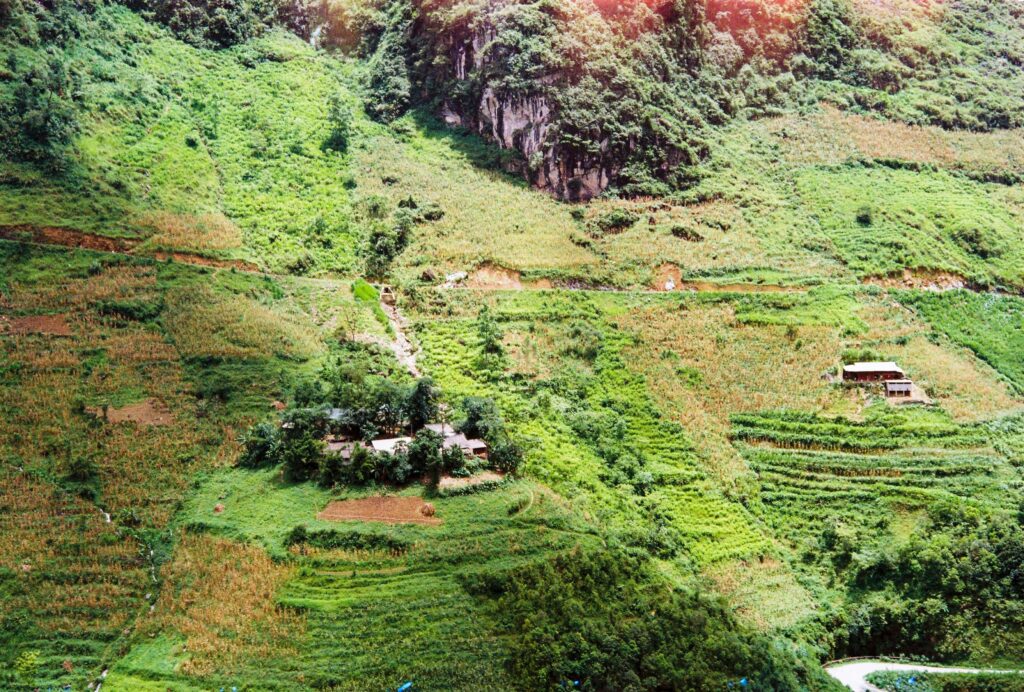
The Role of Maji Na Ufanisi in Land Restoration
Maji Na Ufanisi (MnU) has been at the forefront of land restoration efforts in Kenya’s ASAL regions. With over 27 years of experience in water, sanitation, and environmental management, MnU is well-positioned to lead bio-enterprise initiatives aimed at restoring degraded lands and creating sustainable livelihoods.
MnU’s projects focus on building the capacity of local communities to manage their natural resources sustainably. By promoting bio-enterprises, MnU helps communities develop businesses that are not only profitable but also environmentally responsible. These initiatives range from supporting agroforestry projects to developing renewable energy solutions that reduce the environmental impact of farming.
In addition to its on-the-ground projects, MnU plays an active role in advocating for policies that support land restoration and climate resilience in ASAL regions. By working closely with government agencies and other stakeholders, MnU ensures that its bio-enterprise initiatives have a lasting impact on both the environment and the local economy.
The Benefits of Bio-enterprise Development in ASAL
There are numerous benefits to bio-enterprise development in ASAL regions, both for the environment and for local communities:
- Economic Empowerment: By creating new income-generating activities, bio-enterprises help reduce poverty and improve living standards in rural areas.
- Environmental Restoration: Bio-enterprises contribute to the restoration of degraded lands, helping to improve soil health, increase vegetation cover, and reduce erosion.
- Climate Resilience: By promoting sustainable land use practices, bio-enterprises help communities adapt to the impacts of climate change.
- Food Security: By improving the productivity of the land, bio-enterprises contribute to increased food production, helping to alleviate hunger and malnutrition.
- Biodiversity Conservation: Bio-enterprises promote the conservation of local plant and animal species, helping to preserve the biodiversity of ASAL regions.
How Maji Na Ufanisi is Leading the Way
Maji Na Ufanisi’s bio-enterprise projects are a critical part of its broader mission to promote sustainable development in Kenya. By focusing on ASAL regions, MnU ensures that some of the most vulnerable communities have the tools and resources they need to thrive in a changing climate.
Through partnerships with local governments, NGOs, and international organizations, MnU is scaling up its bio-enterprise initiatives, with a focus on long-term sustainability. By supporting local entrepreneurs, MnU is helping to create a future where both people and the planet can prosper.
Conclusion: A Sustainable Future for ASAL Lands
The restoration of degraded lands in ASAL through bio-enterprise development offers a promising solution to some of the most pressing environmental and socio-economic challenges in Kenya. By empowering local communities with sustainable business opportunities, bio-enterprises not only restore the land but also improve livelihoods, food security, and climate resilience.
As organizations like Maji Na Ufanisi continue to lead the way, there is hope that the ASAL regions of Kenya can become models of sustainable development, where degraded lands are restored, and communities thrive. Through a combination of innovative technologies, traditional knowledge, and strong community engagement, bio-enterprises offer a path forward for a more resilient and prosperous future.
FAQS
1.What is bio-enterprise development?
Bio-enterprise development involves creating businesses based on biological resources, promoting sustainability, restoring ecosystems, and generating economic opportunities.
2.How do bio-enterprises restore degraded lands?
They restore degraded lands by implementing sustainable practices like agroforestry, soil conservation, and renewable energy use, which revitalize soil, increase vegetation, and reduce erosion.
3.What challenges do ASAL regions face?
ASAL regions face challenges like land degradation, erratic rainfall, overgrazing, deforestation, water scarcity, and food insecurity.
4.How does agroforestry benefit ASAL regions?
Agroforestry improves soil fertility, prevents erosion, increases crop production, and provides additional income through products like timber and fodder.
5.What role does Maji Na Ufanisi play in land restoration?
Maji Na Ufanisi leads bio-enterprise projects, empowering communities with sustainable business models and promoting environmental conservation in ASAL regions.
6.How can bio-enterprises contribute to climate resilience?
Bio-enterprises promote sustainable land use, protect biodiversity, and provide communities with adaptive strategies to cope with climate change, such as renewable energy and sustainable agriculture.
7.What are non-timber forest products?
Non-timber forest products (NTFPs) include natural resources like honey, medicinal plants, and resins, harvested sustainably without harming forests.
8.How can renewable energy be integrated into bio-enterprises?
Renewable energy, like solar power, can be used for irrigation, reducing costs and environmental impact, while improving productivity in farming activities.
9.Why is sustainable livestock management important in ASAL?
Sustainable livestock management prevents overgrazing, restores vegetation, and helps maintain soil health, which is critical in fragile ASAL ecosystems.
10.What are the benefits of bio-enterprise development?
Bio-enterprises boost economic empowerment, restore degraded lands, increase food security, and enhance climate resilience for ASAL communities.

